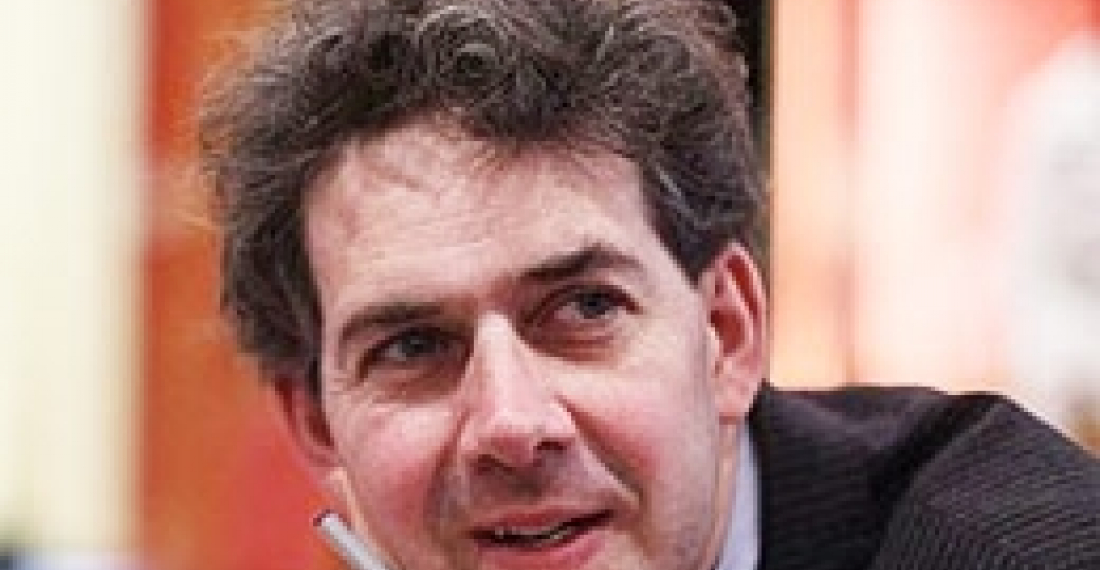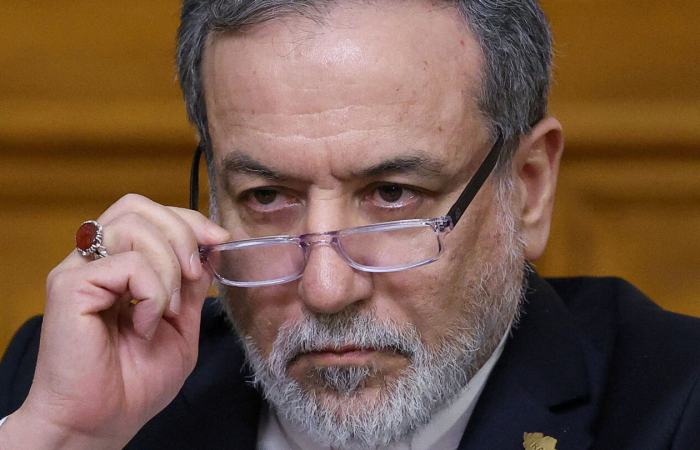Несмотря на то, что президентские выборы в Нагорном Карабахе не привлекли особого внимания у международного сообщества, они были достойны этого, поскольку были одними из самых конкурентных выборов на постсоветском пространстве. Об этом в своей статье в журнале National Interest пишет эксперт Томас Де Ваал.
По его словам, президентские выборы в Нагорном Карабахе вновь доказали тот факт, что самые конкурентные выборы на постсоветском пространстве проходят именно в непризнанных республиках. Сей феномен эксперт объясняет тем, что в непризнанных республиках основы государственности пока слабы, и, следовательно, общество более раскрепощенное и уверенное в собственные силы.
Тем не менее, Де Ваал высоко оценивает результаты участия оппозиционного кандидата в президенты Нагорного Карабаха Виталия Баласаняна с учетом того, что он без поддержки какой-либо политической силы набрал 32% голосов населения. По его словам, данный результат Баласаняна впечатляет в том плане, что оппозиционные кандидаты в постсоветских странах с трудом преодолевают 30% барьер. В качестве примера он привел участие оппозиционного кандидата в президенты Армении Левона Тер-Петросяна в выборах 2008 года, когда он набрал лишь 21% голосов избирателей.
В статье отмечается о том, что Виталий Баласанян набрал больше всего голосов в сельских районах Нагорного Карабаха, где социальные проблемы носят более острый характер.
Отметим, что на президентских выборах в НКР победу одержал действующий президент Бако Саакян, который набрал порядка 67% голосов, его оппонент Виталий Баласанян набрал 32% голосов.







